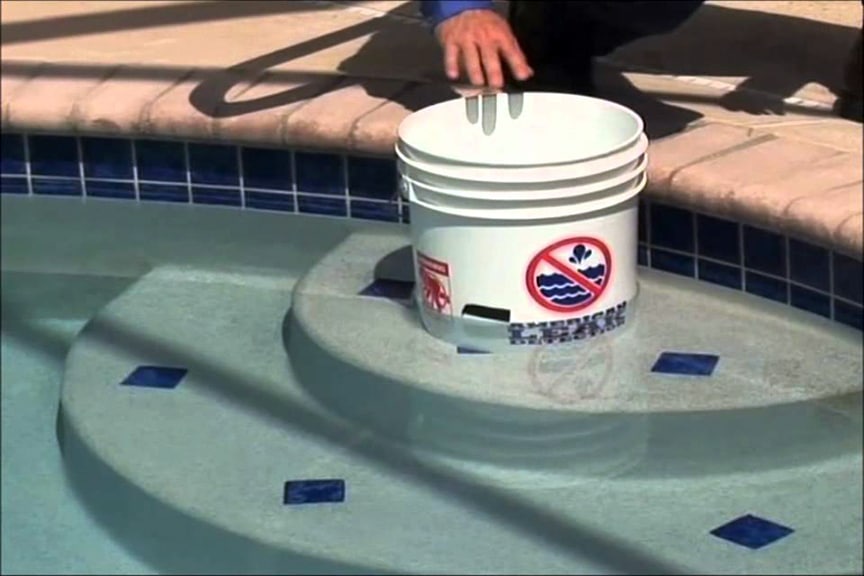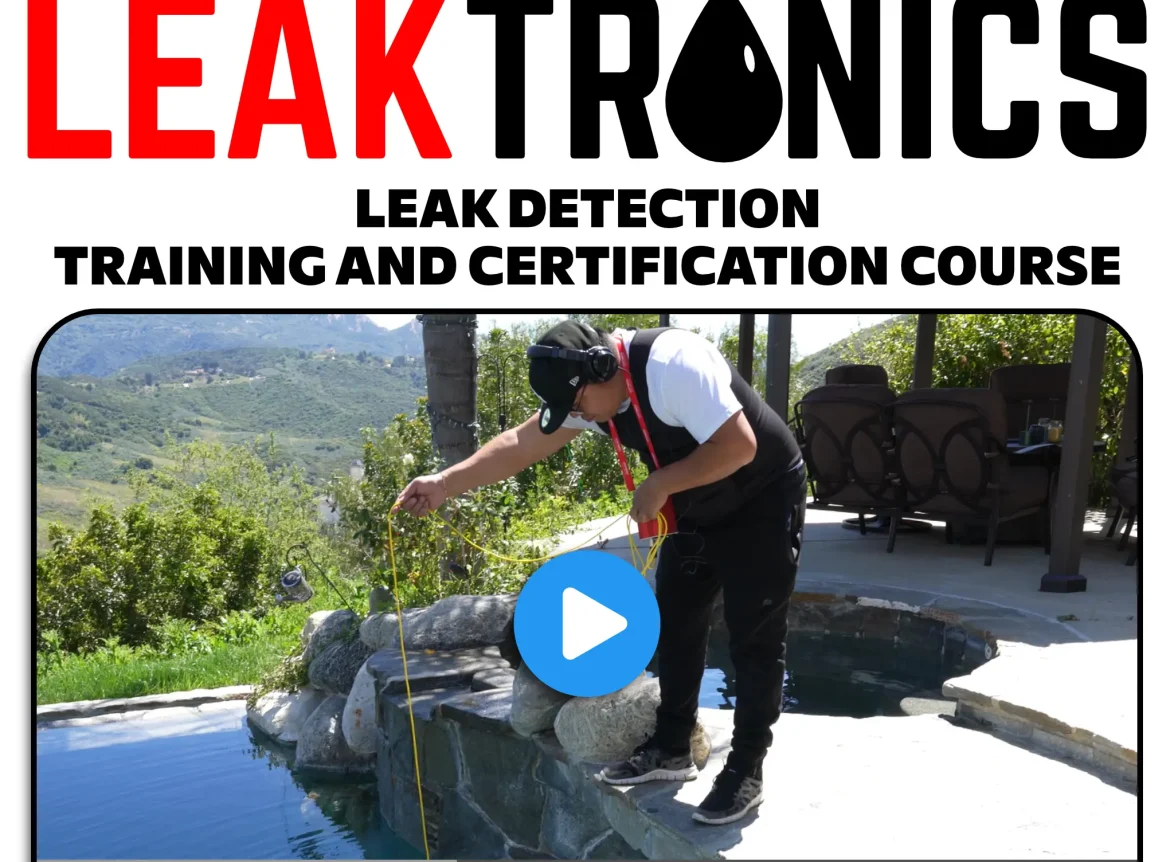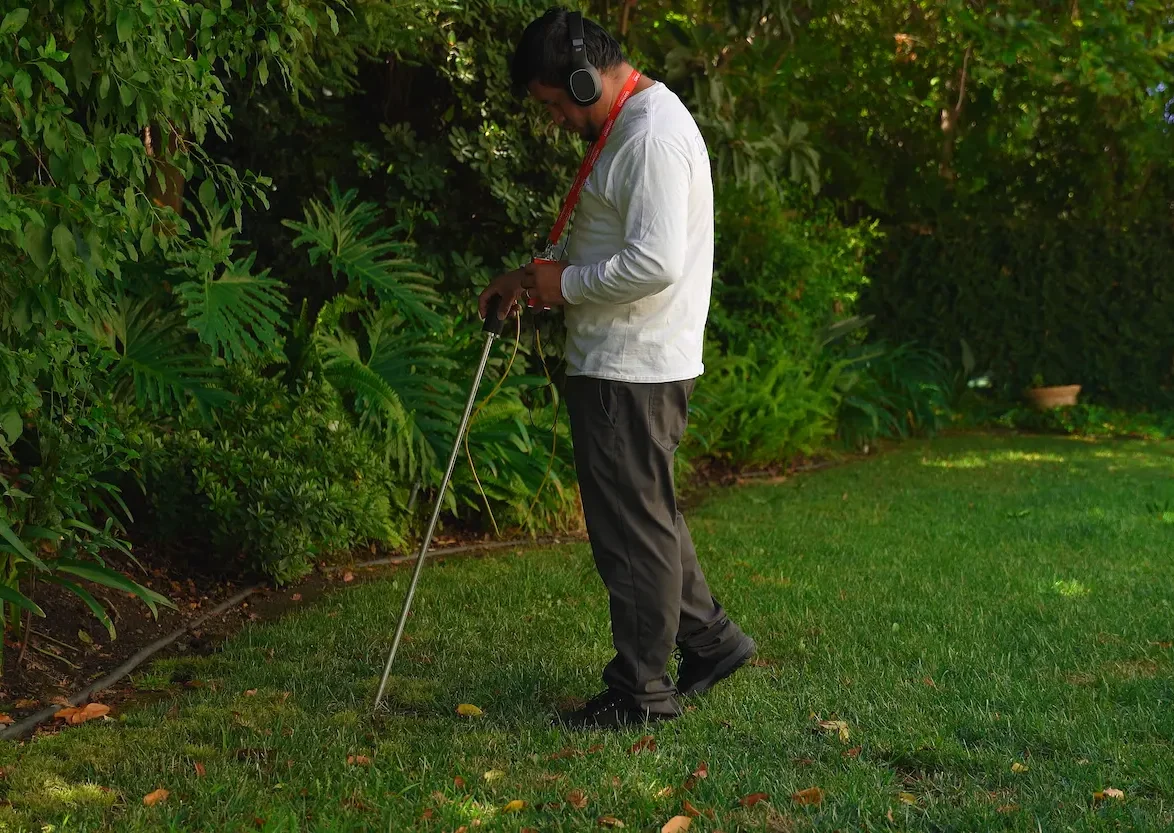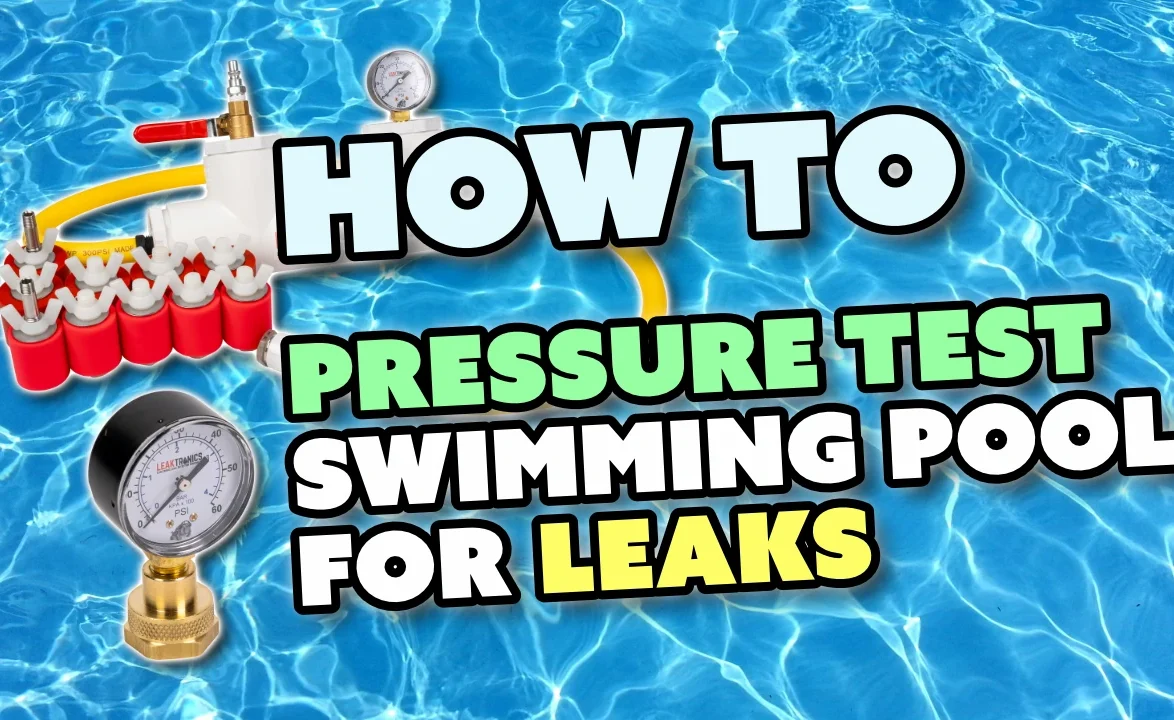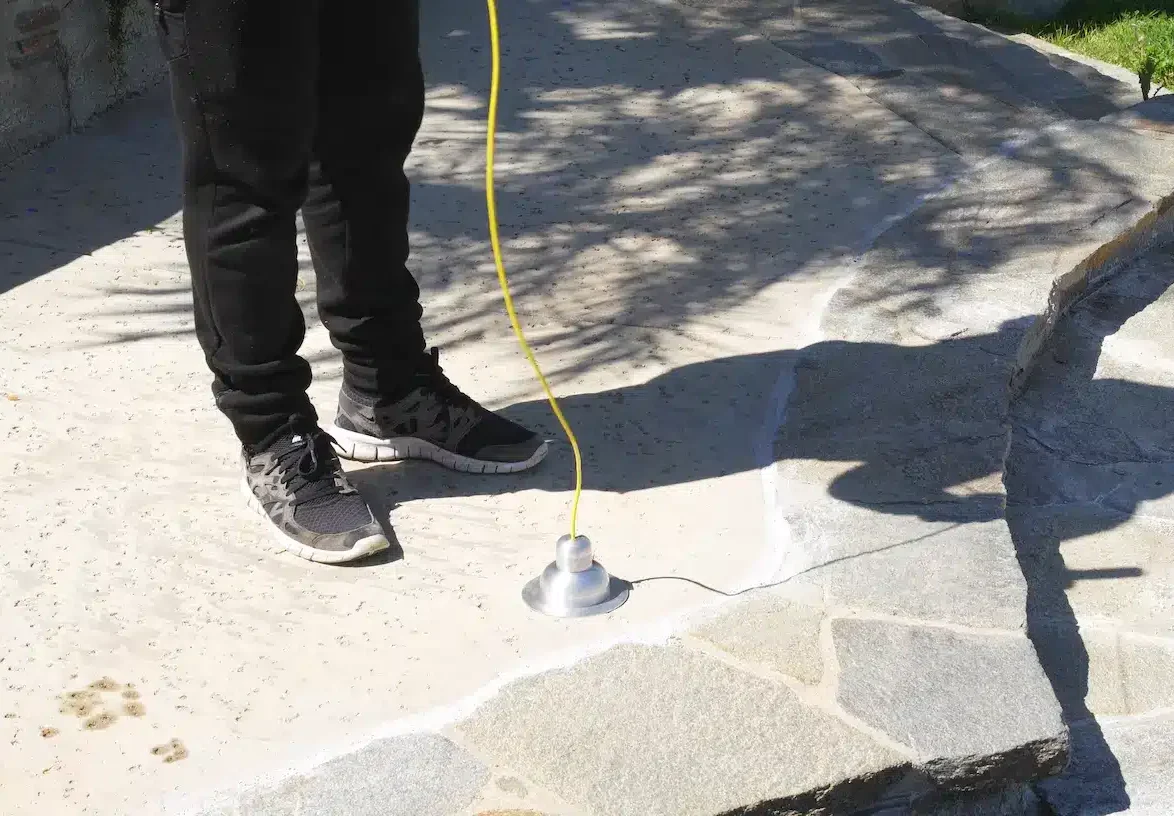As a homeowner, it the modern world, when you suspect something might be wrong with your pool, it’s natural that you’ll go to the internet to find answers. Everyone from Bob Villa to Forbes magazine has an article, repeating the same trash the other writer has spilled out about how you can find a leak in your pool and every single one of them is wrong, deceiving and ill informed. We’re debunking the leak detection mysteries here.
Let me start by saying, if you think your pool is leaking, hire a trained pool professional to get you the truth. You likely wouldn’t suspect that a leak exists if prudent facts weren’t staring you in the face. You see water loss, don’t dance around with wasted time trying to figure it out yourself, just hire a professional – are you a pool pro? No? Then hire one.
Bob Villa has an article about finding leaks yourself, I just read it. The only thing that makes sense is that in the first paragraph, he states, “Pool leak detection can be challenging and even dangerous if the leak is near any electrical wiring. While many homeowners can handle the more straightforward methods for detecting a pool leak, calling a pro may be the best option to avoid an accident.”
Right. Call a pro. When you have unexpected body pain, you call an educated doctor, when your engine light comes on in your vehicle you call an educated mechanic; so when your pool is losing water you do what … go on the Internet and look for homemade solutions? Don’t be stupid.
So after stating the obvious, “Call a Pro,” the article then goes on to deceive and mislead the reader. It’s much the same way a video online says “You can lose weight and get ripped if you watch our videos.” No, you can’t. You need to know what you’re doing or you’re going to end up disappointed. Call a pro!
They tell you to check external pipes. Do you even know what you’re looking for when you inspect those pipes? Are you just looking for water dripping out? The likelihood that your pool issue is that glaringly obvious is so slim you shouldn’t waste your time. Most of the pipes that would be leaking are underground anyway, but sure, check out the 4 inches of PVC that comes out of the ground and see if it’s leaking, why not?
Then, the author of the article, clearly not a pool professional, adds that you should look for excess water pooling in the yard. Yeah, that’s cool, but does the yard have irrigation lines? Water takes it’s own path and a puddle in the yard could be settling 15 feet away from the leak, and that leak might have nothing to do with your pool, but yes, take note of any puddles, why not?
Then they tell you to rule out normal evaporation. Do you know what normal evaporation is? Is it the same for you as it is in Texas, or Boston, of Miami? A pool guy knows, and just stating that “it was hot last week so there was more evaporation” is so far from reality you might as well be on Jupiter. You don’t know anything about pool evaporation, don’t waste your time filling buckets and making random speculation. Bucket tests are unreliable and there are so many factors that disprove the results you’re better just knowing that your pool water dropped and was noticeable, you might have a leak. Call a pro.
Then they tell you to check for inconsistent chemical levels. Ask your pool service tech if he’s adding more chemicals than normal. That’s a good sign of a leak, though not definitive, after all, your pool service tech might be a total stoner and he’s just tossing chemicals around haphazardly to get his paycheck and split. We call it splash and dash and it’s just about how most of these guys work.
Now, they tell you to use food coloring to find the leak. To find what leak? A leak at a return fitting? Sure, get wet and use Mom’s food coloring to test all the returns, then the light, then the drain, then the side suction, if it’s vinyl just start squirting dye everywhere until you look like Grimace and your pool resembles the river in Willy Wonka’s Chocolate Factory. You’re wasting your time and making a mess, and the leak still likely won’t be visible just because you’re using kitchen goods to find it. That’s not how leaks are found.
Now, the author wants to remind you that wet electrical wires are dangerous. This is true, but electrical wires don’t leak, why are you messing with them? They also warn you that working around the edge of a pool is dangerous because you might fall in, really? Be sure to use goggles to protect your eyes … c’mon man, is this amateur hour? Isn’t Bob Villa a respectable home improvement specialist?
Stop looking for solutions that don’t make sense. Call a LeakTronics equipped professional and know exactly what is leaking and what needs repair in an hour.
Water pressure causes leaks to radiate a sound. That sound is heard from outside the pool with professional listening equipment; the equipment manufactured by LeakTronics. If the leak is in a pipe, buried underground, or in the shell, behind a plastic part or a light or in a vinyl liner, the only way to pinpoint the issue and make proper repairs is to use LeakTronics equipment. If you’re calling a dive team to find your leak, well, you’re making a mistake. If you’re trying all of the bullshit that random online websites are selling you, you’re making a mistake – and don’t feel bad about it, a lot of people fall for the same mistake.
Just call a professional, you’ll find some here: https://leaktronics.com/find-a-pro

